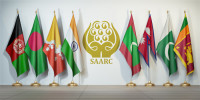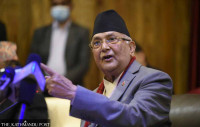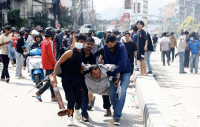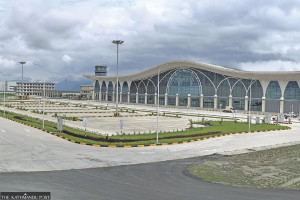Opinion
Putting up with pollution
Indifference to environmental issues over the years has allowed Kathmandu’s air to be hardly breathable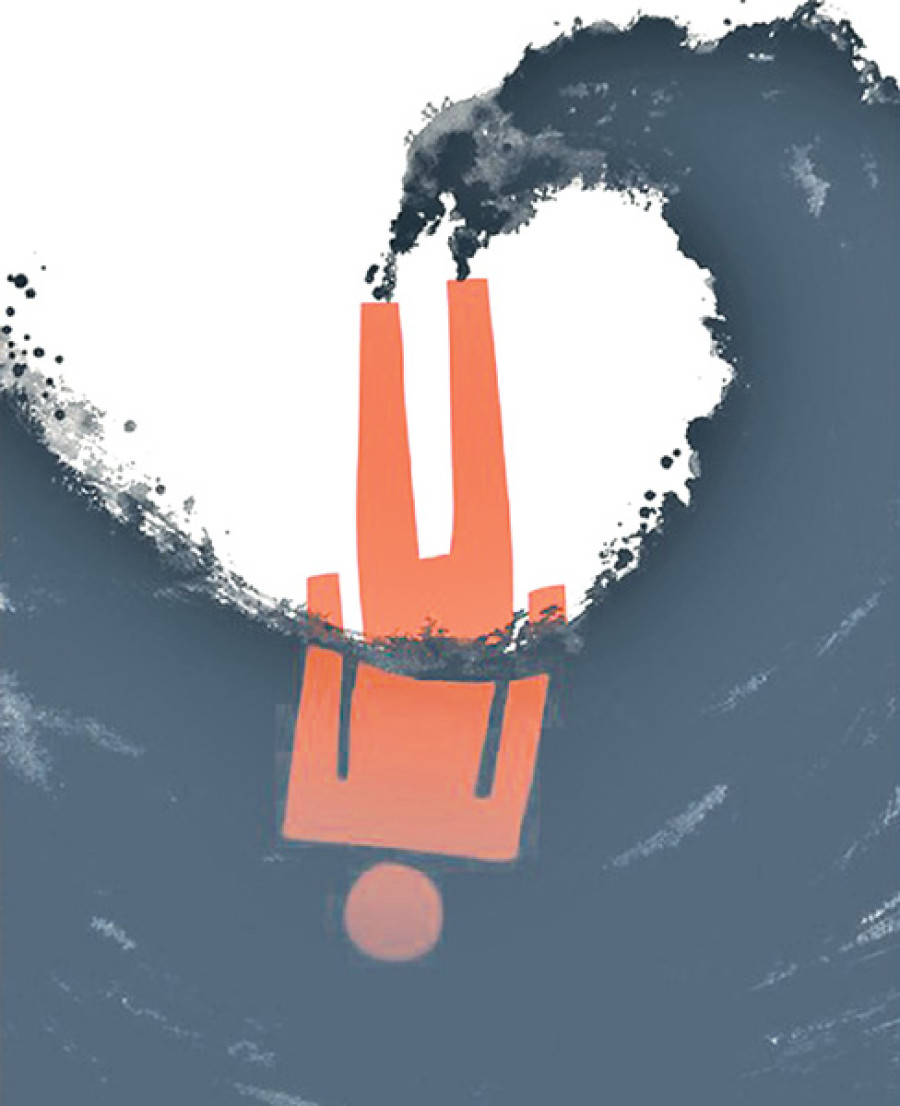
Navin Singh Khadka
Environment is now something even the Talibans in Afghanistan have begun to talk about. Their leader, Hibatullah Akhundzada, has urged Afghans to plant more trees, the BBC reported this week.
“In a statement, he called on civilians and fighters to plant one or several fruit or non-fruit trees for the beautification of Earth and the benefit of almighty Allah’s creations,” the report said. “Tree plantation plays an important role in environmental protection, economic development and beautification of earth,” it quoted him as saying in the Afghan Taliban Voice of Jihad website. “Planting trees and agriculture are considered actions which hold both worldly good and benefit as well as immense rewards in the hereafter.” The Afghan government dismissed the statement “as an attempt to deceive public opinion and to distract from the Taliban’s ‘crimes and destruction’.”
Even if that was what the Taliban leader was doing, the fact that he chose to speak about the environment does point at one thing. Whether or not he means what he says, he at least seems to be mindful that the environment now has an important place in politics and that it relates to people.
Unused tax
Why is that “common sense” not prevailing in Nepal’s political sphere—even when the Capital is gasping for a minimum quality of air? Forget about what could happen in Chure Bhavar as we hear reports that the government is easing sand and boulder mining in the environmentally super-sensitive region. The authorities do not seem to be bothered even about the place they live in. The roads their cars ply everyday have become a major source of pollution because of expansion as well as pipe-laying works for the Melamchi water supply project.
As if vehicular emissions in the Kathmandu Valley were not already a very serious issue, the dust from these two projects has taken pollution to an unprecedented level. Visibility has become a major challenge for drivers. If the air has such thick pollutants, imagine what you might be inhaling. Even before all this happened, suspended particles in Kathmandu’s air were already at dangerous levels. You can guess how much that might have gone up by now from all the digging.
A report in Kantipur this week said a 12-point recommendation made by a taskforce to deal with the air pollution has simply been ignored by the government. According to the news story, the Kathmandu Air Pollution Work Force had submitted the recommendations to the National Planning Commission a month ago, for immediate implementation. “Even after a month, the responsible agencies have not shown any interest in implementing our recommendations,” the report has quoted the environment department’s director general Durga Prasad Dawadi, also the task force’s coordinator, as saying.
Does that come as a surprise when the government has uttered not a word on the alarming level of pollution right under its nose in the Capital? With that stoic silence and sheer indifference, billions of rupees collected as pollution tax over the years remain unused in the national coffers.
Not overnight
While the rulers don’t even want to recognise this as a crisis, government agencies have clear signs from their political masters to mess up the environment. The road department, the electricity authority, telecommunications, water supply, drainage—you name them, they can all dig roads whenever and however they want to. No Environment Impact Assessment or Initial Environment Examination is conducted. Nor are there preventive measures to minimise pollution—with some recent exceptions of sprinkling water here and there.
As a result, today you see how outrageously they are digging the roads left, right and centre and how that has led to the dangerous dust blanketing the Capital—with many people’s health severely threatened. How did it come to this? It did not happen overnight for sure. For this level of insensitivity on the part of the authorities, Kathmandu’s residents are also largely responsible. When the Valley’s air quality began to deteriorate more than two and a half decades ago, with the sudden influx of polluting vehicles including the notorious Vikram tempos, it was accepted as a “package” that came along with the open market.
The construction boom took that laxity to another level and people themselves started contributing to make their air toxic. While private house builders saw nothing wrong with dumping construction materials on the road side, contractors started carving down hills on the Valley’s outskirts without restriction. What they trucked from those defaced foothills were processed by crushers operating right within the Valley. Residents in these areas were, and still are, living in clouds of dust. And yet this was a non-issue for the Capital’s residents, including the civic society.
Is anyone interested?
Meanwhile, what non-government organisations tried to do was either too little or was dismissed as a “dollar-earning” agenda. The media seldom recognised that these issues were about people and their lives. As a result, impunity for “environmental crimes” became the norm. So you see how rampantly roads are being dug today with a total disregard for people’s health. Tolerance has been taken for granted because people have indeed been unreasonably tolerant all these years.
In a recent BBC Media Action’s Sajha Sawaal talk-show, Minister for Environment and Population Jay Dev Joshi blamed it on road contractors. “They don’t adopt the air-pollution minimisation measures that they commit to while securing the contracts,” he said helplessly. “They don’t live up to their promises.”
In an interaction programme this week, government officials said it was becoming difficult to get hold of contractors who were actually awarded the road expansion contracts because most of them were sub-contracting the work.
Must infrastructure development be so messy? Plenty of examples in developing worlds across the globe provide an answer to that. The question is: is anyone here interested?
Khadka is a BBC journalist based in London




 13.12°C Kathmandu
13.12°C Kathmandu


